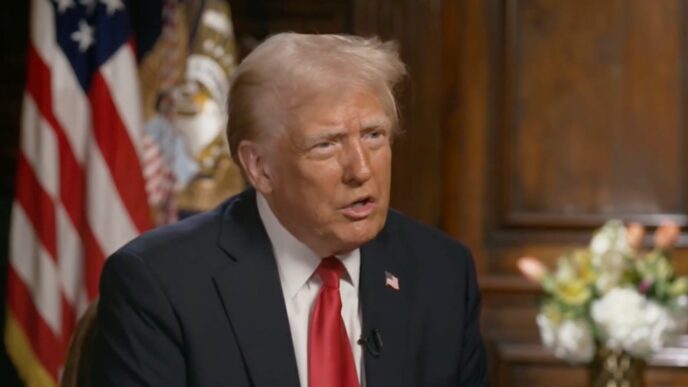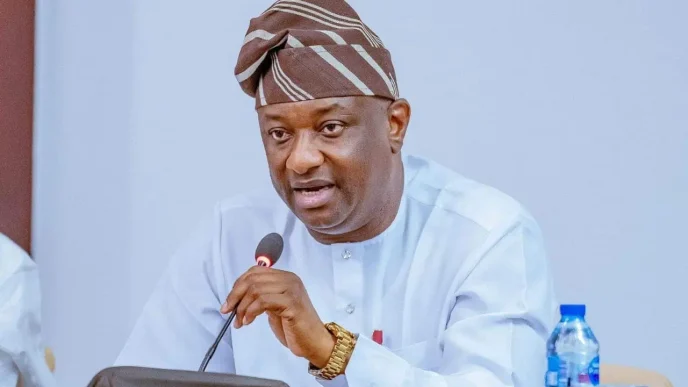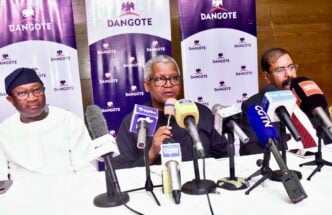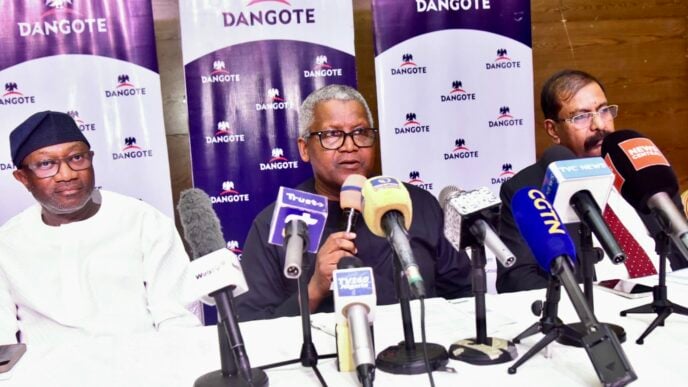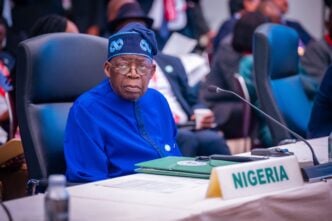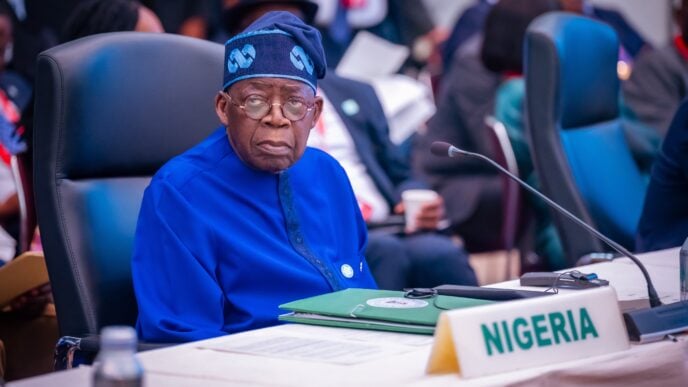The Securities and Exchange Commission (SEC) says Nigeria’s cryptocurrency market has recorded $50 billion in transactions between July 2023 and June 2024.
In a statement on Sunday, Emomotimi Agama, the SEC director-general (DG), noted that the transactions starkly contrast the country’s traditional capital market, with fewer than 4 percent of adults being active investors.
Agama explained that the cryptocurrency exchange underscores the sophistication and risk tolerance of investors that the traditional market has yet to capture.
In a lead paper titled ‘Evaluating the Nigerian Capital Market Master Plan 2015-2025,’ presented at the annual conference of the Chartered Institute of Stockbrokers (CIS), Agama raised concern over the alarmingly low participation of Nigerians in the traditional capital market.
Advertisement
The SEC DG described the low participation rate as a major impediment to economic growth and capital formation.
He said that while fewer than three million Nigerians invest in the capital market, more than 60 million engage daily in gambling activities, spending an estimated $5.5 million every day.
“This reveals a paradox, an appetite for risk clearly exists, but not the trust or access to channel that energy into productive investment,” Agama said.
Advertisement
The SEC boss also lamented that Nigeria’s market capitalisation to gross domestic product (GDP) ratio stands at about 30 percent.
Agama noted that this figure is far below South Africa’s 320 percent, Malaysia’s 123 percent, and India’s 92 percent, a disparity that, he said, highlights the urgent need to deepen financial inclusion and rebuild investor confidence.
‘CMMP DESIGNED TO REPOSITION NIGERIA’S CAPITAL MARKET’
Agama recalled the vision of the 10-year capital market master plan (CMMP) launched in 2015, noting that it was designed to reposition Nigeria’s capital market as the engine of economic transformation by mobilising long-term finance for infrastructure and enterprise development.
Advertisement
“Today, as we stand at the sunset of that ten-year plan, our task is not ceremonial; it is reflective and diagnostic,” he said.
“We must ask: what did we achieve, where did we fall short, and what lessons must anchor our next decade of reforms?”
Agama disclosed that less than half of the 108 CMMP initiatives were fully achieved due to limited alignment, inadequate metrics, and weak stakeholder ownership.
Consequently, he said despite progress in areas like Green Bonds and fintech integration, market liquidity remains concentrated in a few large-cap stocks like MTN, Airtel Africa, and Dangote Cement.
Advertisement
The SEC DG pointed out low retail participation, market concentration, falling foreign inflows, underutilised pension assets, untapped diaspora capital, and a widening infrastructure financing gap as key challenges for the next phase of reforms.
“Nigeria’s $150 billion annual infrastructure deficit far exceeds the market’s contribution, with only N1.5 trillion approved in PPP bonds,” he said.
Advertisement
“This shows a misalignment between financial innovation and national priorities.”
The DG called for a reimagined SEC that serves as both regulator and enabler of private-sector-driven growth, emphasising trust-building, transparency, and inclusion, with the mantra that “vision without execution is inertia”.
Advertisement


